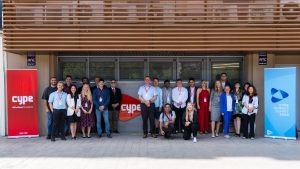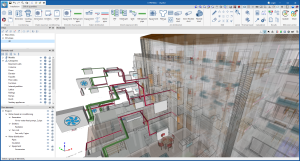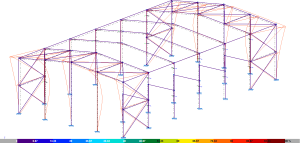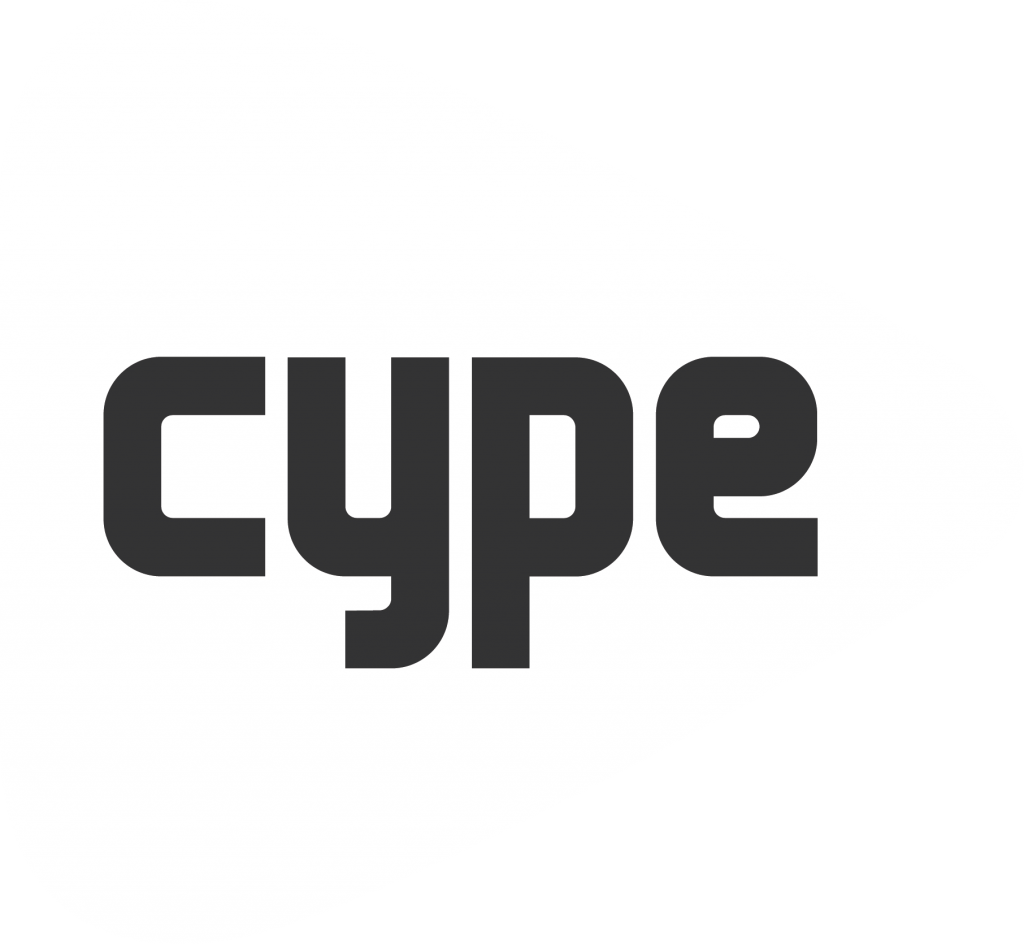CYPE is participating in a European research project with the aim of improving the quality of energy certificates for dwellings and linking this information to the urban environment to facilitate a more reliable analysis of the energy performance of the building stock as a whole. The availability of more accurate and transparent data would help to achieve climate neutrality in Europe by 2050.
To achieve this, the participants of the "TIMEPAC, Towards innovative methods for energy performance assessment and certification of buildings" project are working on increasing the reliability of the data used during the preparation of the certificates. According to the results obtained in this European initiative after comparing the working method in six countries, "most of the information used has a level of data quality that can be improved", explains Benjamín González, the Director of Corporate Development, which means that data is defined by the technician by means of an assumption.
To overcome this deficiency, the participants are developing methods to increase the accuracy of the data by incorporating BIM technology in the data input and taking into account factors such as the analysis methods and the technological tools used. In this sense, TIMEPAC wants to take advantage of the evolution of increasingly sophisticated computer applications to get the most out of the data they offer and to be able to carry out better energy planning in refurbishment projects.
Shareable data
"Nowadays, many of the programs are multi-domain and allow us to address different areas such as thermal analysis, lighting, CFD, acoustics, etc.," says Benjamín González, who also emphasises the existence of solutions that make it possible to provide information according to indoor environmental quality, climate resilience, environmental sustainability, profitability, etc.
"The challenge we have set ourselves is to make all this data shareable on a single platform. We are working on a Common Data Environment (CDE) to share, manage and file process data by means of a BIM workflow that facilitates the exchange of data from the architectural model to the analytics, avoiding duplications in data entry," continues CYPE's Director of Corporate Development.
TIMEPAC is currently moving towards simplifying the management and exchange of data in all phases of energy certification (generation, storage, analysis and use) thanks to the use of open formats that, in an Open BIM workflow, will favour the aforementioned exchange of data from the architectural model to the analytics, which will minimise errors.
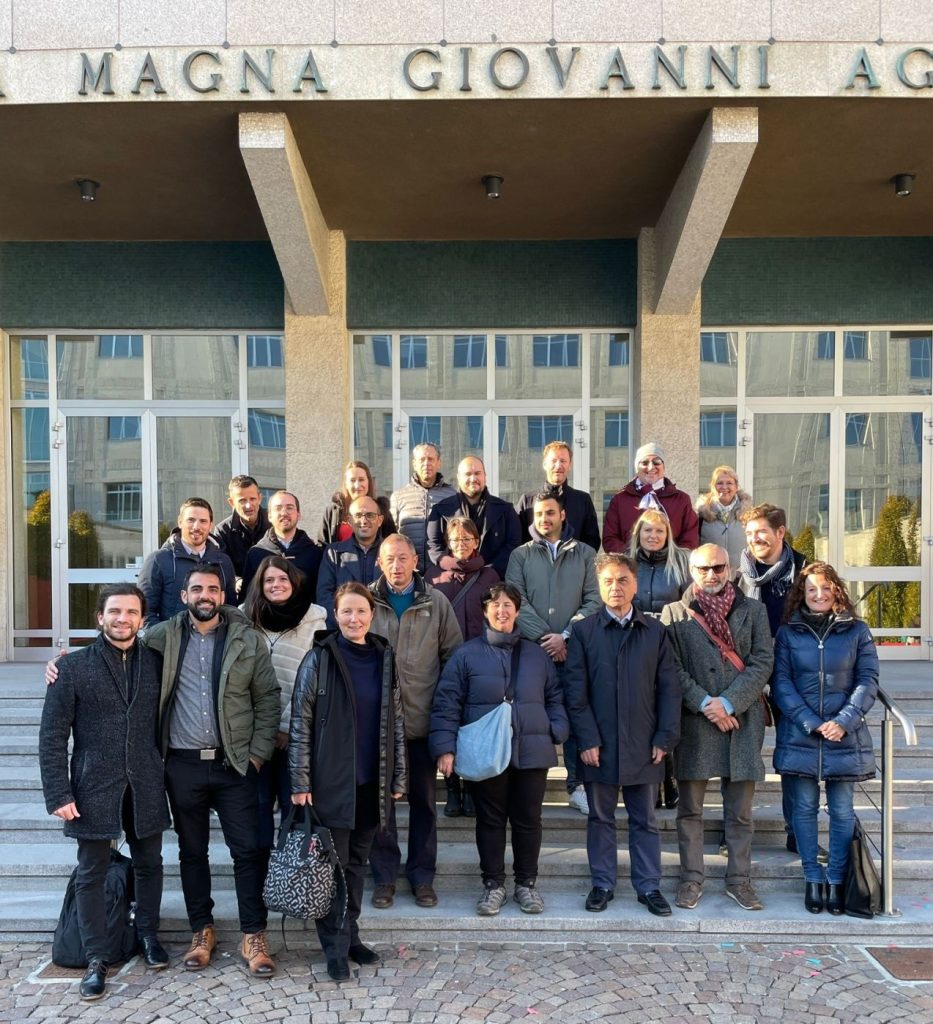
Participants of the TIMEPAC project
The research project, which is coordinated by Barcelona's university and technology foundation FUNITEC, has a budget of 1.99 million euros, and 14 organisations from seven countries are involved in the project: Spain (CYPE, Fundació Privada Universitat I Tecnologia, Institut Català D'Energia); Italy (Edilclima, Politecnico Di Torino, Regione Piemonte); Slovenia (Goriska Lokalna Energetska Agencija, Jozef Stefan Institut and Ministrstvo Za Infrastrukturo); Croatia (Energetski Institut Hrvoje Pozar); Germany (European Science Communication Institute); Austria (Sera Global Gmbh), Cyprus (Cyprus Energy Agency, Cyprus University of Technology).

